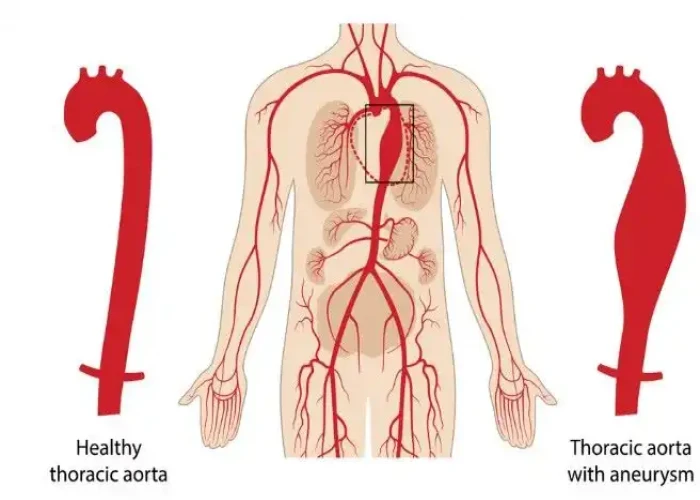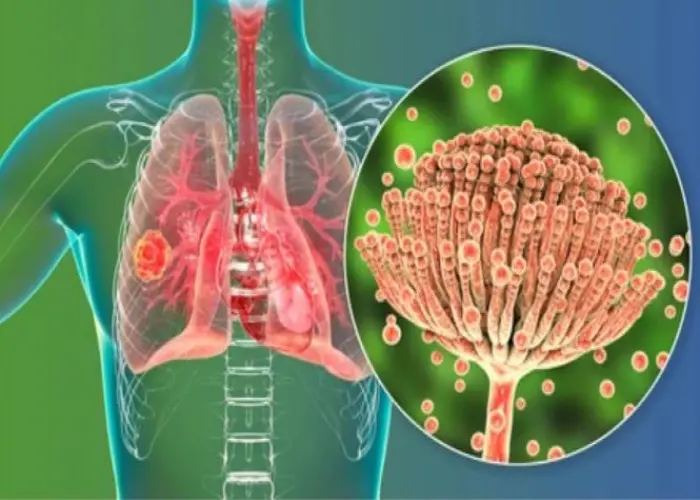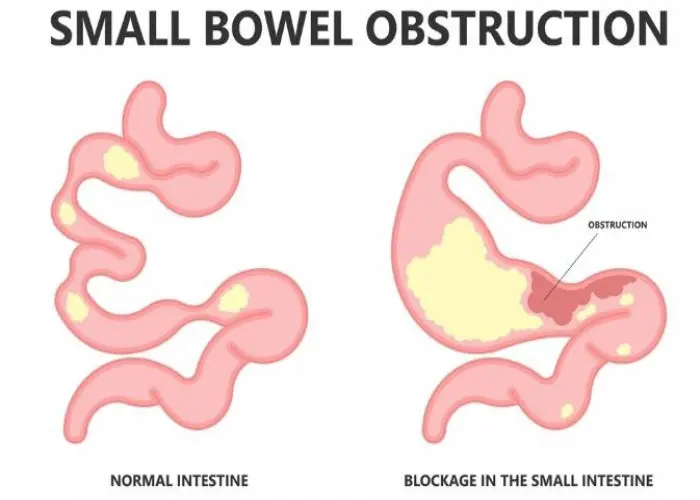 Welcome
Welcome
“May all be happy, may all be healed, may all be at peace and may no one ever suffer."
Sexually transmitted diseases (STDs)

Sexually transmitted diseases (STDs), also known as sexually transmitted infections (STIs), are infections that are spread through sexual contact, including vaginal, anal, and oral sex. There are many different types of STDs, caused by bacteria, viruses, and parasites, and they can affect people of all ages and backgrounds.
Common STDs include:
- Chlamydia: A bacterial infection that can cause discharge, painful urination, and abdominal pain.
- Gonorrhea: A bacterial infection that can cause similar symptoms to chlamydia, as well as pelvic pain, bleeding between periods, and fever.
- Syphilis: A bacterial infection that can cause sores, rashes, and fever, and if left untreated, can cause serious damage to the brain, heart, and other organs.
- Herpes: A viral infection that can cause sores and blisters on the mouth or genitals.
- Human papillomavirus (HPV): A viral infection that can cause genital warts and increase the risk of certain cancers.
- Human immunodeficiency virus (HIV): A viral infection that attacks the immune system and can lead to acquired immunodeficiency syndrome (AIDS), which is a life-threatening condition.
Prevention of STDs includes practicing safe sex by using condoms, getting vaccinated (in the case of HPV), and getting tested regularly if sexually active. Treatment for STDs depends on the specific infection and may include antibiotics, antiviral medications, or other treatments. It is important to get tested and treated for STDs to prevent the spread of infection and potential complications.
Research Papers
Disease Signs and Symptoms
- Skin bumps
- Burning during urination
- Foul menstruation or vaginal discharge
- Vaginal bleeding
- Painful sexual intercourse (dyspareunia)
- Lower abdomen pain
- Fever
- Abdomen pain
- Sore, swollen lymph nodes, particularly in the groin but sometimes more widespread
Disease Causes
Sexually transmitted diseases (STDs)
STDs or STIs can be caused by:
- Bacteria. Gonorrhea, syphilis and chlamydia are examples of STIs that are caused by bacteria.
- Parasites. Trichomoniasis is an STI caused by a parasite.
- Viruses. STIs causes by viruses include HPV, genital herpes and HIV.
Other kinds of infections — hepatitis A, B and C viruses, shigella infection and giardia infection — can be spread through sexual activity, but it's possible to be infected without sexual contact.
Disease Prevents
Sexually transmitted diseases (STDs)
There are several ways to avoid or reduce your risk of STDs or STIs.
- Abstain. The most effective way to avoid STIs is to not have (abstain from) sex.
- Stay with one uninfected partner. Another reliable way of avoiding STIs is to stay in a long-term relationship in which both people have sex only with each other and neither partner is infected.
- Wait and test. Avoid vaginal and anal intercourse with new partners until you have both been tested for STIs. Oral sex is less risky, but use a latex condom or dental dam to prevent skin-to-skin contact between the oral and genital mucous membranes.
- Get vaccinated. Getting vaccinated early, before sexual exposure, is also effective in preventing certain types of STIs. Vaccines are available to prevent human papillomavirus (HPV), hepatitis A and hepatitis B.
- The Centers for Disease Control and Prevention (CDC) recommends the HPV vaccine for girls and boys ages 11 and 12, although it can be given as early as age 9. If not fully vaccinated at ages 11 and 12, the CDC recommends getting the vaccine through age 26.
- The hepatitis B vaccine is usually given to newborns, and the hepatitis A vaccine is recommended for 1-year-olds. Both vaccines are recommended for people who aren't already immune to these diseases and for those who are at increased risk of infection, such as men who have sex with men and IV drug users.
- Use condoms and dental dams consistently and correctly. Use a new latex condom or dental dam for each sex act, whether oral, vaginal or anal. Never use an oil-based lubricant, such as petroleum jelly, with a latex condom or dental dam.
- Condoms made from natural membranes are not recommended because they're not effective at preventing STIs. Also, keep in mind that while latex condoms reduce your risk of exposure to most STIs, they provide less protection for STIs involving exposed genital sores, such as HPV or herpes.
- Also, nonbarrier forms of contraception, such as birth control pills or intrauterine devices (IUDs), don't protect against STIs.
- Don't drink alcohol excessively or use drugs. If you're under the influence, you're more likely to take sexual risks.
- Communicate. Before any serious sexual contact, communicate with your partner about practicing safer sex. Be sure you specifically agree on what activities will and won't be OK.
- Consider male circumcision. For men, there's evidence that circumcision can help reduce the risk of acquiring HIV from a woman with HIV by as much as 60%. Male circumcision may also help prevent transmission of genital HPV and genital herpes.
- Consider using preexposure prophylaxis (PrEP). The Food and Drug Administration (FDA) has approved the use of two combination drugs to reduce the risk of HIV infection in people who are at very high risk. They're emtricitabine plus tenofovir disoproxil fumarate (Truvada) and emtricitabine plus tenofovir alafenamide fumarate (Descovy).
- Your doctor will prescribe these drugs for HIV prevention only if you don't already have HIV. You will need an HIV test before you start taking PrEP and then every three months as long as you're taking it.
- Your doctor will also test your kidney function before prescribing Truvada and continue to test it every six months. If you have hepatitis B, you should be evaluated by an infectious disease or liver specialist before beginning therapy.
- These drugs must be taken every day, exactly as prescribed. If you use Truvada daily, you can lower your risk of getting HIV from sex by about 99% and from injection drug use by more than 74% percent, according to the U.S. Centers for Disease Control and Prevention. Research suggests that Descovy is similarly effective in reducing the risk of getting HIV from sex. However, Descovy hasn't been studied in people who have receptive vaginal sex. Using additional prevention, such as condoms, can lower your risk even more and prevent other STIs.
Disease Treatments
STDs or STIs caused by bacteria are generally easier to treat. Viral infections can be managed but not always cured.
If you are pregnant and have an STI, getting treatment right away can prevent or reduce the risk of your baby becoming infected.
Treatment for STIs usually consists of one of the following, depending on the infection:
- Antibiotics. Antibiotics, often in a single dose, can cure many sexually transmitted bacterial and parasitic infections, including gonorrhea, syphilis, chlamydia and trichomoniasis. Typically, you'll be treated for gonorrhea and chlamydia at the same time because the two infections often appear together.
- Once you start antibiotic treatment, it's necessary to finish the prescription. If you don't think you'll be able to take medication as prescribed, tell your doctor. A shorter, simpler course of treatment may be available.
- In addition, it's important to abstain from sex until seven days after you've completed antibiotic treatment and any sores have healed. Experts also suggest women be retested in about three months because there's a high chance of reinfection.
- Antiviral drugs. If you have herpes or HIV, you'll be prescribed an antiviral drug. You'll have fewer herpes recurrences if you take daily suppressive therapy with a prescription antiviral drug. However, it's still possible to give your partner herpes.
- Antiviral drugs can keep HIV infection in check for many years. But you will still carry the virus and can still transmit it, though the risk is lower.
- The sooner you start HIV treatment, the more effective it is. If you take your medications exactly as directed, it's possible to reduce the viral load in the blood so that it can hardly be detected.
If you've had an STI, ask your doctor how long after treatment you need to be retested. Getting retested will ensure that the treatment worked and that you haven't been reinfected.
Partner notification and preventive treatment
If tests show that you have an STI, your sex partners — including your current partners and any other partners you've had over the last three months to one year — need to be informed so that they can get tested. If they're infected, they can then be treated.
Each state has different requirements, but most states require that certain STIs be reported to the local or state health department. Public health departments often employ trained disease intervention specialists who can help notify partners and refer people for treatment.
Official, confidential partner notification can help limit the spread of STIs, particularly for syphilis and HIV. The practice also steers those at risk toward counseling and the right treatment. And since you can contract some STIs more than once, partner notification reduces your risk of getting reinfected.
Disease Diagnoses
Disease Allopathic Generics
Disease Ayurvedic Generics
Disease Homeopathic Generics
Disease yoga
Sexually transmitted diseases (STDs) and Learn More about Diseases

Thoracic aortic aneurysm

Ectopic pregnancy

Aspergillosis

Gestational diabetes

Popliteal artery entrapment syndrome

Broken heart syndrome

Golfer's elbow

Intestinal obstruction
Sexually transmitted diseases, stds, যৌনবাহিত রোগ, এসটিডিস
To be happy, beautiful, healthy, wealthy, hale and long-lived stay with DM3S.
